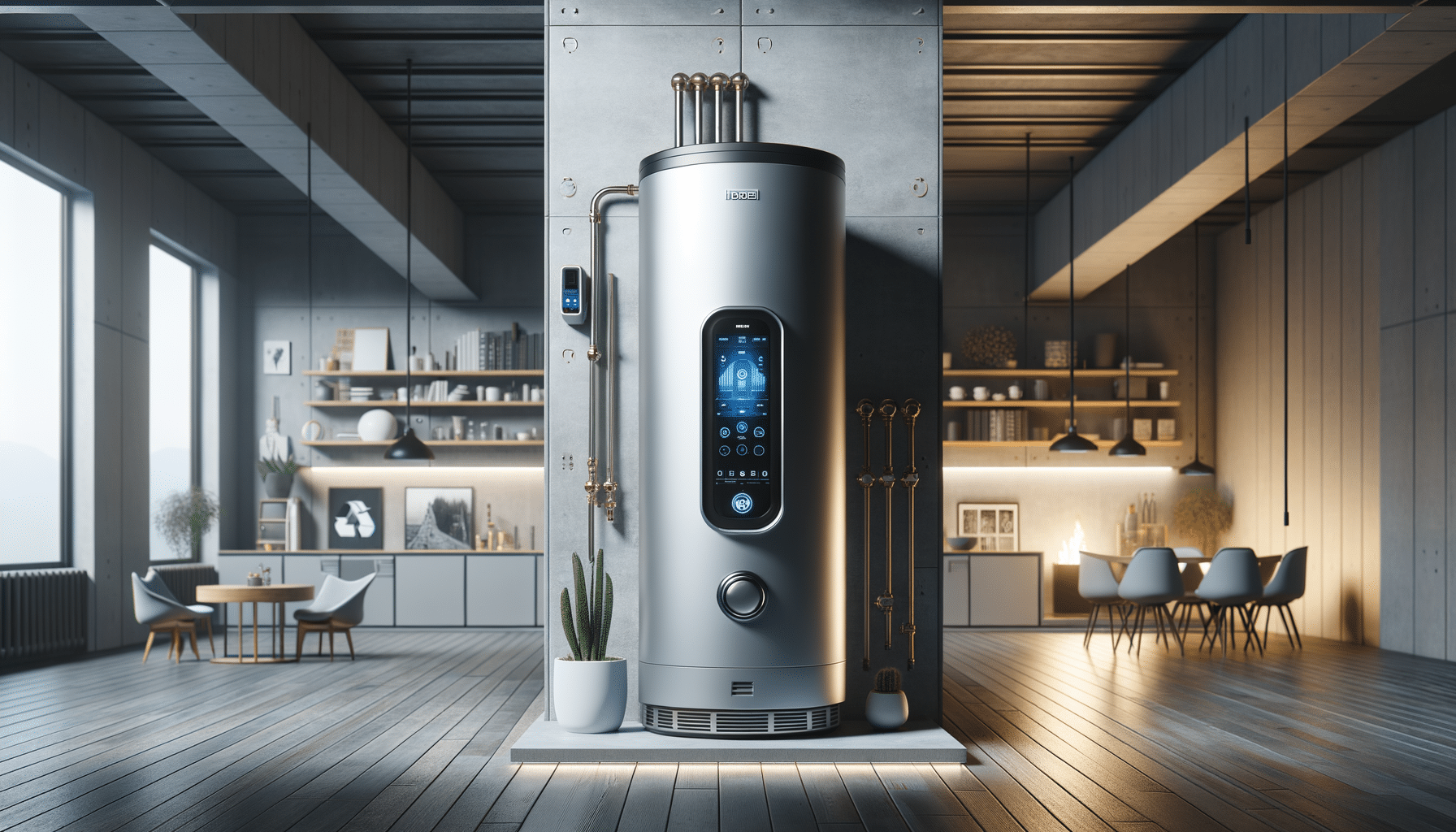Take a look at modern heating solutions and energy-saving options for your space!
Explore modern water heater and boiler options built for comfort and efficiency. From smart features to energy-saving upgrades, there are various solutions available for home or commercial use.

Introduction to Water Heaters and Boilers
Water heaters and boilers are essential components of modern living, providing the comfort of hot water for daily needs and heating spaces effectively. As technology advances, these systems have evolved to offer improved efficiency, safety, and convenience. This article explores the different types of water heaters and boilers available today, their benefits, and considerations for selecting the right one for your needs.
Types of Water Heaters
Water heaters come in various types, each suited to different needs and preferences. The most common types include:
- Tank Water Heaters: These traditional systems store a large volume of water, heating it continuously. They are reliable but may lead to energy wastage if not properly insulated.
- Tankless Water Heaters: Also known as on-demand heaters, these units heat water only when needed, offering energy savings and an endless supply of hot water.
- Heat Pump Water Heaters: Utilizing electricity to move heat from one place to another instead of generating it directly, these are more energy-efficient than conventional electric heaters.
- Solar Water Heaters: Harnessing solar energy, these systems are environmentally friendly and can significantly reduce energy bills in sunny regions.
Choosing the right type depends on factors such as household size, energy source availability, and budget.
Understanding Boilers
Boilers are primarily used for heating spaces and providing hot water. They operate by heating water to produce steam or hot water, which is then circulated through radiators or underfloor heating systems. Types of boilers include:
- Combi Boilers: Combining a water heater and central heating unit, these are space-saving and efficient, ideal for small to medium-sized homes.
- System Boilers: Equipped with a water cylinder, these boilers are suitable for homes with higher hot water demands, offering a consistent supply.
- Conventional Boilers: Also known as regular or traditional boilers, they require a separate hot water tank and are suitable for larger homes with multiple bathrooms.
The choice of boiler depends on the specific heating needs and the existing infrastructure of the home.
Energy Efficiency and Environmental Considerations
Energy efficiency is a key consideration when choosing water heaters and boilers. Modern systems are designed to minimize energy consumption, reducing both utility bills and environmental impact. Features to look for include:
- High Energy Factor (EF): Indicates the efficiency of water heaters. Higher EF means better energy savings.
- Condensing Technology: Found in some boilers, this technology captures and reuses heat that would otherwise be lost, enhancing efficiency.
- Insulation: Proper insulation of tanks and pipes reduces heat loss, further improving energy efficiency.
Additionally, opting for systems that use renewable energy sources, such as solar water heaters, contributes to sustainability efforts.
Choosing the Right System for Your Needs
Selecting the appropriate water heater or boiler involves considering several factors. These include the size of the household, hot water usage patterns, budget, and available energy sources. Consulting with a professional can provide insights into the most suitable options and ensure proper installation and maintenance. Considerations such as warranty, brand reputation, and after-sales support are also important in making an informed decision.
Conclusion
Water heaters and boilers play a crucial role in ensuring comfort and efficiency in homes and commercial spaces. With a range of options available, from traditional tank systems to innovative tankless and solar-powered solutions, there is a suitable choice for every need. By prioritizing energy efficiency and environmental impact, consumers can enjoy the benefits of modern heating solutions while contributing to a sustainable future.